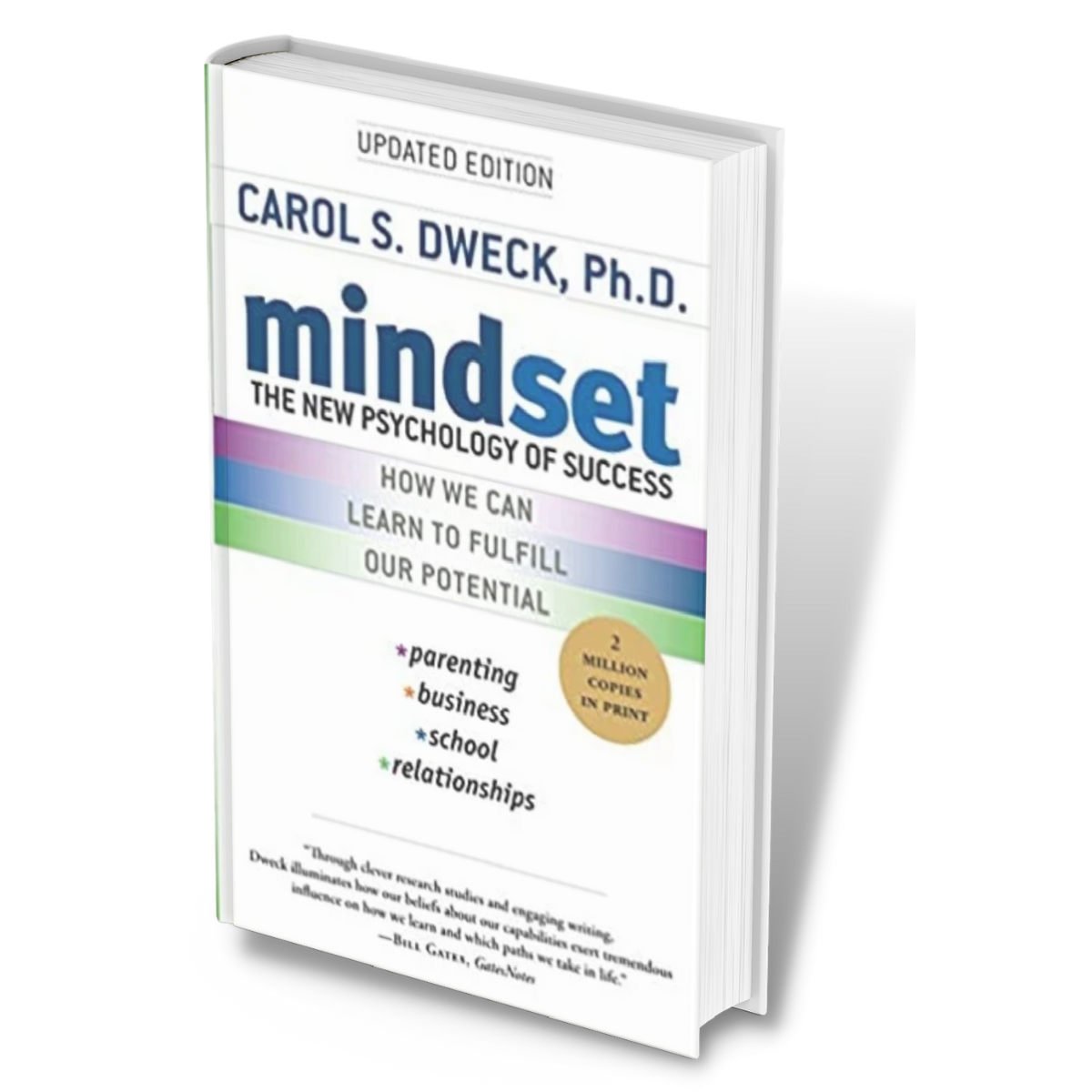
“What happens when people open their hearts? They get better.” ~ Haruki Murakami
As humans, we are born vulnerable – in every sense of the meaning, and throughout life, we develop significant mental and emotional defenses to protect ourselves from perceived threats. What are these threats? In a word: judgment. We fear that others are keeping an ongoing tally of when we make mistakes, admit failures, have an unpopular opinion, a different perspective or lifestyle, or when we’re not the smartest (or richest/funniest/most attractive/best dressed/most cultured/most important) person in the room. Since we experience social pain much the same as physical pain, safeguarding ourselves from perceived social and emotional threats or attacks is seemingly just as important – if not more so – than protecting ourselves from physical attacks. So, we show no fear, hide all emotions, never ask questions, and don’t accept help. It’s exhausting, and for a long time we’ve been told (and believed it!) that work is no place to be human; just do your job. After a recent workshop, we were told by one participant that they would prefer “less reflection and emotional exercises.” But we are not robots – they’re coming, and we’re not them. If we want to have any future in the workforce, we better find our humanity and make it a value proposition. Here’s how:
|
This week’s inquiry…
Which bullet point above would have the greatest impact on showing up as your authentic self?
Dive Deeper…
During a TEDx talk, Irving Washington, III discusses one of the best kept secrets of leadership.
“What do you think of when you think of a successful leader or leadership?”
From parenting to leadership, the ideas in this book are essential. World-renowned Stanford University psychologist Carol S. Dweck, Ph.D. explains the theory that we all have either a fixed or a growth mindset. With the right mindset, you can motivate those you lead, teach, and love—to transform their lives and your own.


